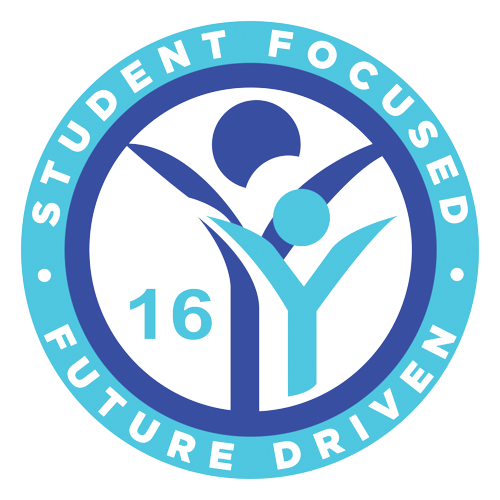Our second week of packets started going out on Friday, and will continue through this Thursday. We understand that some parents have not been able to get to school to pick up packets until after hours: If you are going to be late, simply call your school office between 8am-4pm to let them know you need a packet left out after hours, and where you'll be picking it up.
It has been shared with us that Suddenlink offering internet free to students during this school closure time: Call Suddenlink/Altice @ 888.633.0030, or visit Suddenlink for more information at AlticeAdvantageInternet.com
There has been quite a bit of discussion around the state and even in our own local districts regarding returning and grading of weekly packets, as well as student motivation to complete them.
At this point, the state has not provided guidance on any of this, including collecting, grading, and promotion at the end of the year. In the absence of that guidance, Mohave Valley School District has developed our own procedures: Should the state come out with something different, we will of course adjust our practices to meet state mandates.
At this point, the decision has been made that we will not collect packets, mostly from a health safety standpoint: Our belief is that the less you have these packets passing back and forth between people, the safer it’s going to be. However, at the same time, we think it’s important that students themselves, as well as parents and teachers understand how students are doing.
Starting this week, teachers have included answer keys for the prior week’s work: Student and/or parents can review each assignment, checking for correct answers. As always, we encourage students to review why and correct problems they missed, as it adds to the learning experience. While we will not be collecting grades, teachers will be checking in with students weekly to ask about problems they may have experienced the week prior. Between their conversations and parents checking, we believe the accountability piece will be there.
Because there is no state testing, the state has lifted the “Move on When Reading” regulation that required all students to be at least partially-proficient (based on the AzMERIT Test) in reading by the end of third grade in order to be promoted. That removes one roadblock, but, we still have a question regarding students who have already received retention letters at the end of the second and third quarter, and whether or not they’re going to be ready to be promoted, or, still need to be retained at the end of this year.
The district has decided that final retention conferences will be scheduled with these parents to determine the best course of action for these students; school offices will be scheduling these meetings to make that determination as a team. We would certainly encourage students to complete the weekly packets for this very reason, as the more learning that takes place now, the better chance students will be able to function in the next grade level next year.
This brings us to the next question, perhaps the most important of all: How will the district deal with students next year who have had varying levels of instruction this past quarter? The district is aware that there are at least three separate entities working on recommendations: The Arizona Department of Education; The Arizona State Board of Education, and a representative group of school superintendents from throughout the state. Our understanding at this time is that the three organizations will share their recommendations, with one common plan emerging from the three to provide direction.
As a district, we are already anticipating there will be a need for remediation: Principals have been instructed to begin looking at their daily schedules for next year where such remedial instruction can be provided. At the same time, it is likely that some students will need more than the time we can allot during the normal school day for this “catch-up”, meaning there will likely be after-school time for such remediation as well. More than likely this remediation will involve an online solution (much like the SuccessMaker program we used earlier in the year), where families with available internet can also access the program outside of school time when internet can be obtained and devices are available for students.
It is important for students to keep up with their current work to minimize the need for remediation next year. It is possible that in extreme cases, some students may fall far enough behind that they would need to be moved back a grade to start next year. Obviously, those students who keep up with their packets this quarter will be in a better position to benefit from the remediation efforts next year, making it less likely the need for retention at the end of the 2020-21 school year.
The moral of the story: Between packets this quarter and a coordinated remediation program next year, the district plans on providing every opportunity for students to keep up and/or catch up. However, to make this work, students are going to need to their part in completing work as assigned now, which may take some prodding from parents and their teachers this quarter. Together however, we will come out of this in a position to keep students moving forward.

